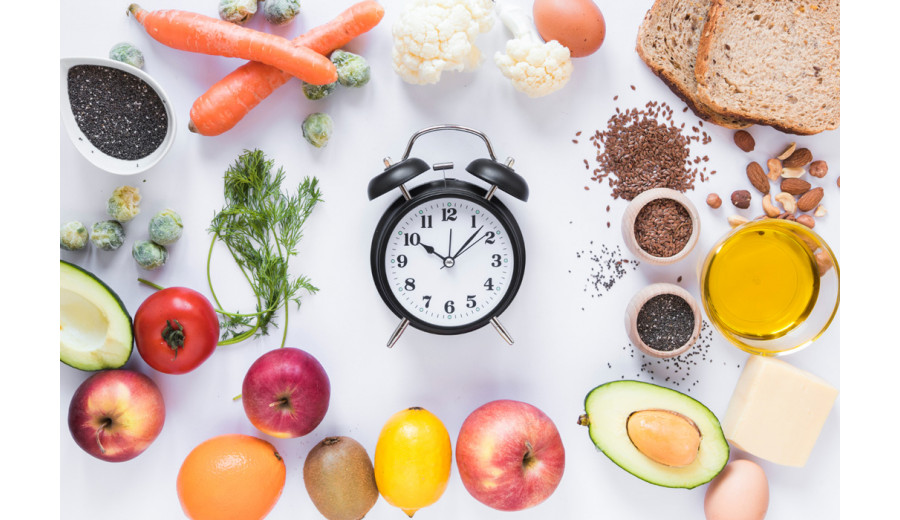Intermittent
fasting (IF) is a popular health trend, often praised for helping with weight
loss, blood sugar control, and energy. But here’s what many women don’t hear:
most of the research on fasting has been done on men. Women’s bodies are
different especially during perimenopause and need a more personalized
approach.
As a
functional medicine provider, I often help women figure out whether fasting is
helping them feel better or quietly adding more stress to their system.
Why Fasting Affects Women
Differently
Women’s
hormones are more sensitive to stress, food restriction, and changes in energy
balance. Going too long without food can raise cortisol (a stress hormone),
throw off your thyroid, and disrupt your menstrual cycle, especially if your
body is already dealing with fatigue, blood sugar swings, or hormone shifts.
In
fact, some studies show that while men often improve their blood sugar levels
with intermittent fasting, women may experience the opposite effect: worsened
blood sugar control or increased stress.
When Intermittent Fasting May Be
Helpful
Some
women do well with gentle fasting, especially when:
· They
are past perimenopause or have stable hormone levels
· Their
sleep and energy are steady
· They’re
not under high stress
· They
start with shorter fasting windows (12–14 hours)
When
done thoughtfully, fasting may support weight loss, better insulin sensitivity,
and improved focus.
When It Might Backfire
Fasting
isn’t always the right fit, especially if you're:
· Constantly
tired or stressed
· Skipping
periods or having irregular cycles
· Dealing
with thyroid or adrenal issues
· In
early or mid-perimenopause
In
these cases, fasting can increase stress on the body and make symptoms worse,
not better.
A Smarter, More Supportive Way to
Fast
In
functional medicine, we look at the whole picture before recommending fasting.
Instead of a rigid plan, we focus on what your body is ready for.
Here’s
how to do it right:
· Start
slowly. Try a 12-hour fast overnight (for example, stop eating at 7 pm and eat
again at 7 am).
· Eat
enough. Make sure you’re eating balanced meals with enough protein and
nutrients when you’re not fasting.
· Pay
attention to your body. Fasting should make you feel clearer, not crankier or
more tired.
· Adjust
based on your cycle. You may need more nourishment right before your period or
during stressful times.
Final Thoughts
Fasting
isn’t about being tough, it’s about tuning in. If done correctly, it can be a
powerful tool. But if it’s making you feel worse, your body may be telling you
it’s not the right time.
As a functional medicine provider, I help women understand what their symptoms really mean and create personalized strategies that support hormonal health, energy, and long-term wellness. If you're unsure whether intermittent fasting is right for you, I’d love to help you figure it out.
Elena Levy




















